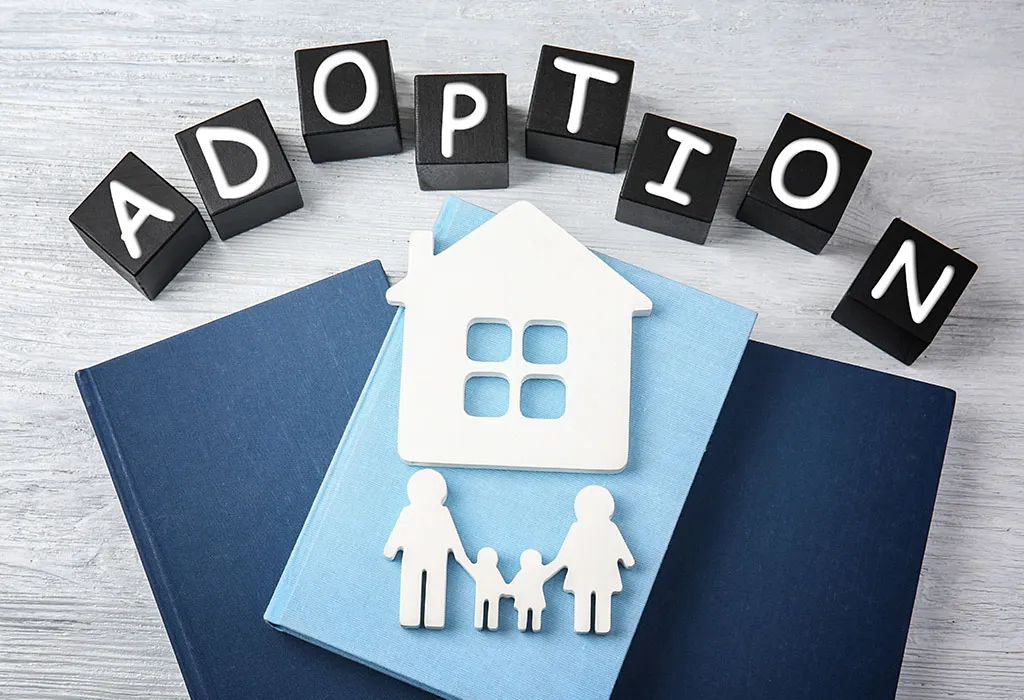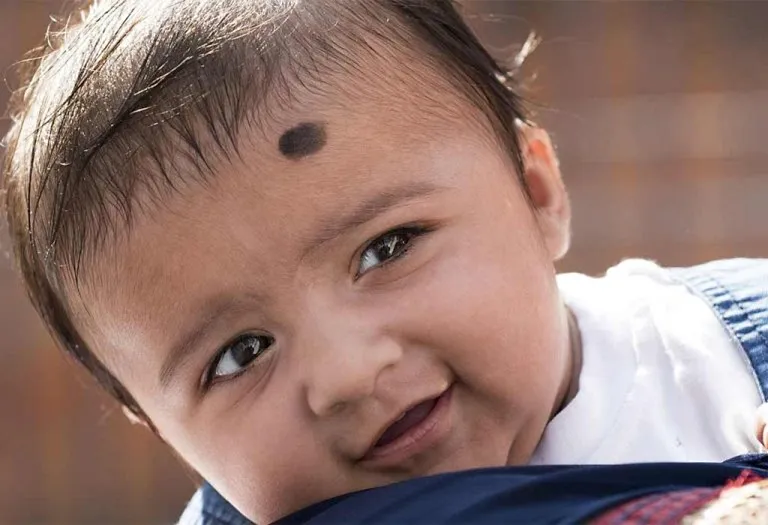Understanding the Different Types of Adoption in India

Being parents is one of the biggest joys in the world, but not all couples are able to give birth to a child and become biological parents to nurture their own baby. However, parenthood is not limited to biology, and adoption offers a beautiful alternative for those who dream of raising a child. If you truly wish to experience the love and responsibility of being parents, adoption is a wonderful path to consider. There are many types of adoption that you may consider, each with its own unique process and legal considerations. In India, adoption laws and procedures are designed to ensure the welfare of the child. In the following article, we shall discuss the various types of adoptions in India and their pros and cons to help you make an informed decision.
What Are the Different Types of Adoption Options Available in India?
Adoption is a legal way of getting a baby from an adoption agency and raising the child as your own by taking all the responsibilities of that child. But before adopting a child, you must be familiar with the different kinds of adoptions available. There are various kinds of adoptions available in India, depending on their effect on the adoptive parents and the birth mother. Adoption may also depend on the location of both the concerned parties. The following are the different kinds of adoptions available in India:
1. Open Adoption
As the name suggests, this kind of adoption is open, which means that the adoptive parents and the birth parents keep in touch with each other.
What It Is
You may wonder how open adoption works; well, it involves open contact between both parties. The birth mother or parents may stay in touch through letters, e-mails, phone calls and may even visit each other and the birth mother can meet the child. This kind of adoption involves making a plan that may suit everyone’s expectations and needs. Access is usually granted when the adopted child reaches the age of 18 (in most countries). Also, the birth mother may meet the prospective parents and may decide to which couple her baby should go to.
Pros
Here are some pros of open adoption:
- There is substantial medical information available to the adopted child, which is very important to assess some genetic disorders and other medical conditions.
- The adoptee has access to his birth parents, in case he wishes to find out why they made such a decision.
- The adoptee has an extended family and more people who love and support him.
- The adoptee has access to his ancestry and lineage.
Cons
Here are some cons or disadvantages of open adoption:
- There may be a difference in expectations from adoptive or birth parents.
- The boundary issues may occur where both parties may struggle with drawing the line.
- The morals and values of both families may not match, which may cause confusion.
2. Semi-Open Adoption
This is a kind of adoption that does not involve direct contact between the birth parents and the adoptive parents.
What It Is
Semi-open adoption or mediated adoption does not require the birth parents and adoptive parents to be in touch with each other. However, the mother may keep receiving letters or photographs from the adoptive parents or through the adoption agency she is registered with. This may continue until the child reaches the legal age. At any given point in time, semi-adoption may get converted into an open or closed adoption.
Pros
Here are some pros of semi-adoption:
- Adoptive parents have access to the medical records and other information of the birth parents.
- This kind of adoption helps you maintain your privacy.
- Birthing parents have the information on how their child is taken care of.
- Adoptees may contact the birthing parents in future.
Cons
The following are some cons of semi-adoption:
- Both parties have to rely on the mediator agency.
- A semi-open adoption may become closed adoption in case the adoption agency goes out of business or stops functioning.
- The communication may stop if either of the party loses contact with the agency.
3. Closed Adoption
As the name suggests, this kind of adoption involves absolutely no contact between the adoptive parents and the birth parents.
What It Is
In a closed adoption process, neither set of parents has any kind of communication or information about the other. Sometimes, the medical information of the birthing parents may be shared with the adoptive parents. However, sometimes there may be strict enforcement of the regulation and no information, whatsoever, is shared with the adoptive parents. This may happen in cases when a child is rescued or removed from an abusive environment.
Pros
Some advantages of closed adoption are as follows:
- The adoptee will not feel torn between two families.
- There is a sense of closure for both the set of parents.
- The adoptee will have a close-knit family.
- There will not be any intrusion from the birth parents.
Cons
Some disadvantages of closed adoption are as follows:
- The child, on knowing that he is adopted, may become obsessed with finding birth parents in case of a closed adoption.
- There may be limited medical information available.
- The adoptee may face an identity crisis.
4. Intra-family Adoption/Relative Adoption
This is a kind of adoption that happens within the family.
What It Is
If the biological parents of a child die, get married to someone else, or are not in a capacity to take care of their child, a member of the family or the step-parents may legally adopt that child.
Pros
Some of the many benefits of intra-family adoption are as follows:
- The child stays within the biological family.
- The adoptive parents are in full control of taking various important decisions concerning the child.
- The adopted child in most cases gets to keep his original name.
Cons
Some of the cons of relative adoption may include:
- The change in relation to the adoptive parents may confuse the child (if the child is old enough).
- The time to contact and visitation is usually decided by the adoptive parents.
5. Domestic Adoption
Domestic adoption refers to adoption that happens within the country.
What It Is
When the adoptive parents and birth parents belong to the same country, and the adoption happens within the country, it is called domestic adoption. The couple who wish to adopt a child may register with any registered government agency. An investigating officer will verify their particulars and also assess if the couple is eligible to adopt a child or not. Once the formalities are complete, the couple may adopt a child.
Pros
Here are some advantages of a child or infant domestic adoption:
- This type of adoption is less expensive than international adoption.
- It also involves less paperwork in contrast to international adoption.
- Couples who intend to adopt a newborn baby may adopt him easily.
- The information of the birth parents may be accessible to the adoptive parents.
- You may keep in contact with the birth parents, or the contact may vary as per the requirements of both the parties.
- It does not require any international travel.
Cons
Here are some cons of domestic adoption:
- There may not be enough information on the medical history of the birth parents.
- The rules are very strict, and the eligibility criteria of adoptive parents are very strict.
- Adoptive parents may have to choose from a limited number of children.
- The mother may refuse the adoption, which may amount to termination of adoption.
6. International Adoption
International adoption involves adopting a child from outside the country or in other words giving a child to the couple (adoptive parents) who are not a native of that country.
What It Is
When the citizens of one nation wish to adopt a child from another nation, it is called international adoption. International adoption laws are different in all countries, and some countries do not even allow international adoption. In India, domestic adoption holds priority. The next in line are Non-resident Indians (NRIs) or persons of Indian origin (PIOs) and then international citizens are given preference for international adoption in India.
Pros
Here are some benefits of international adoption:
- International adoption may usually happen with orphaned children and thus birth parents may not be involved.
- There are a wide variety of children to choose from in terms of sex, race, health, and age.
- There is no interference of birth parents.
- Once the home approval is received, it increases the chances of adoption tremendously.
Cons
Here are some of the disadvantages of international adoption:
- This type of adoption is expensive as the adoptive parents are required to travel to foreign lands.
- There are chances of frauds and scams in international adoption.
- As the adoption procedure may take a while, it may not be feasible to adopt a newborn baby.
- If the child is a bit older, he may take considerable time to adjust to a new setting, new country, and new ways of life.
FAQs
1. Can a single man adopt a child in India, or are there restrictions?
Yes, a single man can adopt a child in India, but with certain restrictions. According to the guidelines set by the Central Adoption Resource Authority (CARA), a single male is not permitted to adopt a girl child. However, he may adopt a boy, though the adoption process in such cases involves stricter scrutiny to ensure the child’s welfare. In contrast, single women face fewer restrictions and are allowed to adopt children of any gender. These regulations are in place to prioritise the safety and well-being of the child while balancing the rights of prospective adoptive parents.
2. What happens if the biological parents reclaim the child after adoption is finalized?
Once an adoption is legally finalised, biological parents cannot reclaim the child under normal circumstances. Indian law treats adoption as a permanent and irrevocable transfer of parental rights, except in rare cases involving fraud, coercion, or illegal practices, which require court intervention. The adoptive parents assume full legal rights, and the child’s original birth certificate is replaced with a new one reflecting the adoptive family. If biological parents attempt to challenge the adoption, they must provide substantial evidence of wrongdoing, which is an extremely difficult and uncommon legal process. The courts prioritise the stability and best interests of the child, ensuring that adoptions remain secure and binding.
It does not matter what type of adoption you may choose; what is more important is that you get home a child with warmth and love, and make that child feel at home.
Also Read:
Single Parent Adoption in India
Child Adoption in India: Rules, Process and Laws
Heartfelt Adoption Quotes and Sayings
Foster Parenting- How to Become a Good Parent
Was This Article Helpful?
Parenting is a huge responsibility, for you as a caregiver, but also for us as a parenting content platform. We understand that and take our responsibility of creating credible content seriously. FirstCry Parenting articles are written and published only after extensive research using factually sound references to deliver quality content that is accurate, validated by experts, and completely reliable. To understand how we go about creating content that is credible, read our editorial policy here.
























.svg)


















